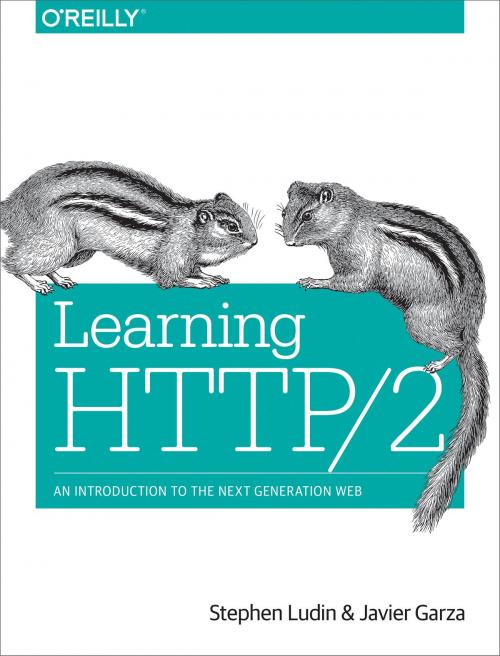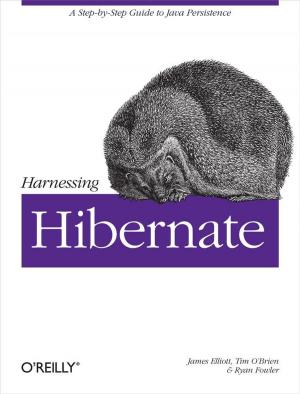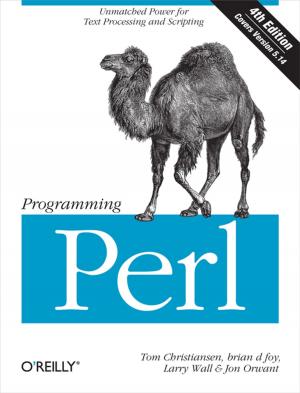Learning HTTP/2
A Practical Guide for Beginners
Nonfiction, Computers, Internet, Browsers, Networking & Communications, Network Protocols| Author: | Stephen Ludin, Javier Garza | ISBN: | 9781491962602 |
| Publisher: | O'Reilly Media | Publication: | May 15, 2017 |
| Imprint: | O'Reilly Media | Language: | English |
| Author: | Stephen Ludin, Javier Garza |
| ISBN: | 9781491962602 |
| Publisher: | O'Reilly Media |
| Publication: | May 15, 2017 |
| Imprint: | O'Reilly Media |
| Language: | English |
What can your organization gain by adopting HTTP/2? How about faster, simpler, and more robust websites and applications? This practical guide demonstrates how the latest version of the Hypertext Transfer Protocol can dramatically improve website and application performance. You’ll take a deep dive into HTTP/2 details, and learn how this updated protocol is changing the web landscape.
HTTP/1.1 has been the primary means of communicating data across the web for the past 20 years, but the level of interaction today has gone well beyond what people envisioned in 1997. With this book, authors Stephen Ludin and Javier Garza show you how HTTP/2 will help speed the execution of modern sites and applications.
With this book, you’ll explore:
- Performance challenges that led to the HTTP upgrade
- HTTP/2 in a nutshell, including benefits and transition methods
- Existing best practices and hacks to improve web performance
- HTTP/2 support for browsers, servers, proxies, and content delivery networks
- How the performance of sites using HTTP/2 compares to their HTTP/1.1 experience
- HTTP/2’s effect on specific issues such as latency, packet loss, and Time to First Byte (TTFB)
HTTP/2’s effect on specific issues such as latency, packet loss, and Time to First Byte (TTFB)
What can your organization gain by adopting HTTP/2? How about faster, simpler, and more robust websites and applications? This practical guide demonstrates how the latest version of the Hypertext Transfer Protocol can dramatically improve website and application performance. You’ll take a deep dive into HTTP/2 details, and learn how this updated protocol is changing the web landscape.
HTTP/1.1 has been the primary means of communicating data across the web for the past 20 years, but the level of interaction today has gone well beyond what people envisioned in 1997. With this book, authors Stephen Ludin and Javier Garza show you how HTTP/2 will help speed the execution of modern sites and applications.
With this book, you’ll explore:
- Performance challenges that led to the HTTP upgrade
- HTTP/2 in a nutshell, including benefits and transition methods
- Existing best practices and hacks to improve web performance
- HTTP/2 support for browsers, servers, proxies, and content delivery networks
- How the performance of sites using HTTP/2 compares to their HTTP/1.1 experience
- HTTP/2’s effect on specific issues such as latency, packet loss, and Time to First Byte (TTFB)
HTTP/2’s effect on specific issues such as latency, packet loss, and Time to First Byte (TTFB)















